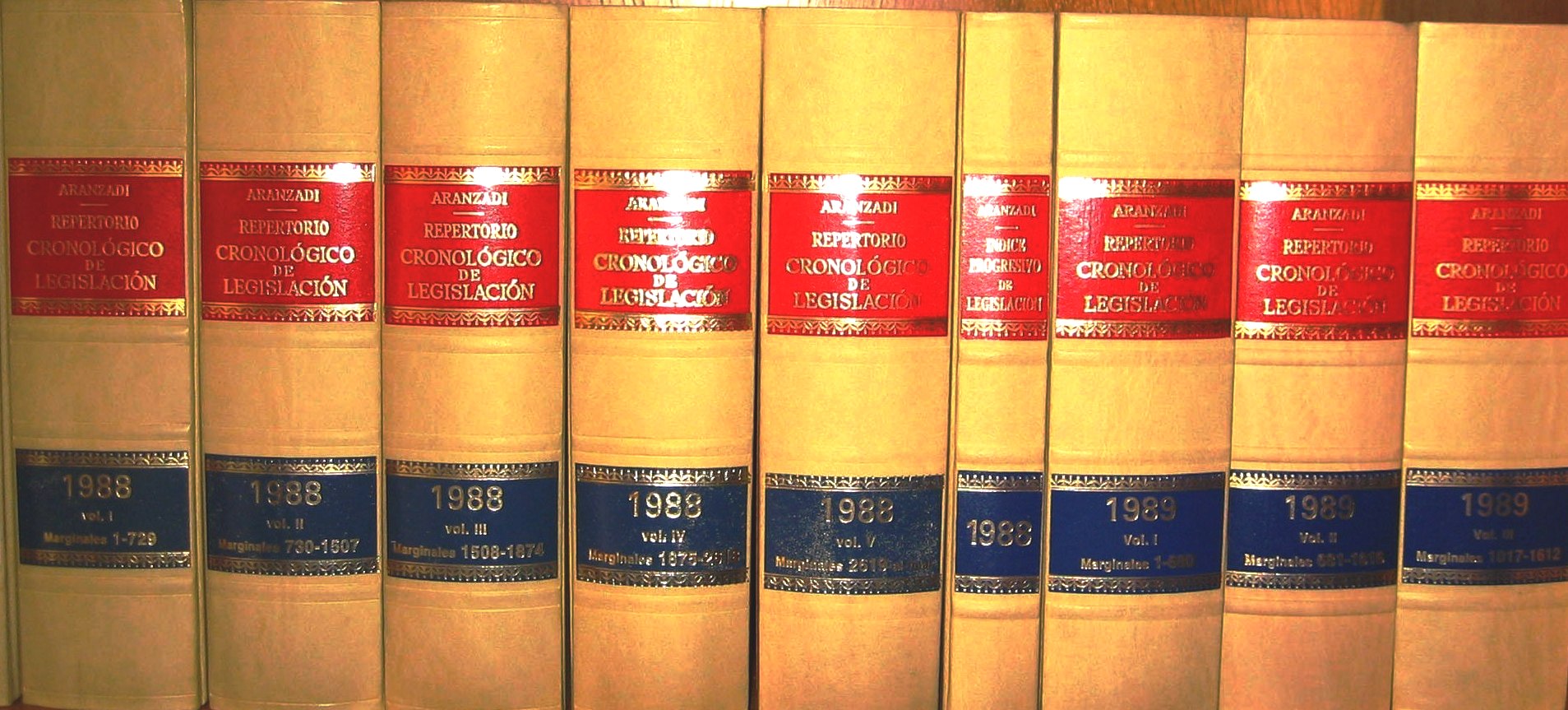Seventeen Regions and (now) a Single Market.
As we advanced in previous reports, the Government has approved the new "Law on Market Unification" (Ley de Unidad de Mercado), regulating the existence of a single license for the marketing of products in all of the national marketplace and under the legislation of origin, so that any product or service produced and authorized in any region can be offered anywhere in the Spanish territory without any need for modifications or being subject to additional or different procedures whatsoever.
As a result, companies will hereafter only have to ask for a first single licence, in only one Autonomous Region, to be entitled to market their products countrywide.
On presentation of the new legislation, the Spanish Minister of Economy said that his Ministry had identified 6,000 rules that were contrary to the unity of market, in 28 sectors, throughout the Spanish national and regional administrations.
Official sources estimated that the economic impact of the law will result in an increase in GNP of 1.52% in 10 years, i.e., 1.5 billion euros per year as well as increases in productivity (+ 1.23%), consumption (+ 1.8%), investment (+ 0.51%) and exports (+ 0.8%). Also, the unified standard will mean a reduction in a number of costs, especially for small and medium size companies. The Council of State upheld the constitutionality of the new Law.
This piece of national legislation was rejected by Catalonia, Andalusia, the Basque country and the Canary Islands on the basis that it attempts to centralize powers and "put an end to the Autonomic framework".
The law is based on several principles regarded as the main foundation of market unity by supporting two basic EU freedoms: freedom of establishment and freedom of movement:
* Principle of non-discrimination (Article 3 of the Law - all economic operators will have equal rights throughout the national territory and vis a vis all competent authorities, without any discrimination whatsoever based on the place of residence or establishment);
* Principle of cooperation and mutual trust between Administrations (Article 4. - the authorities will co-operate within the framework of the procedures laid down in Chapter III of the Law to ensure both the uniform application of the principles set out therein and the proper surveillance of economic operators)
* Principle of necessity and proportionality of the actions of the competent authorities. (Article 5 - all possible restrictions should be based exclusively on the need to safeguard some imperative reasons of general interest among those foreseen in Law 17/2009, of November 23, on the Free Access to Service Activities and the Exercise Thereof).
* Principle of effectiveness of the actions of the competent authorities throughout the national territory. (Article 6 - Acts, provisions and means of intervention available to the competent authorities that are related to the free access to and exercise of economic activities will be effective throughout the national territory, as provided in Chapter V of the Law);
* Principle of simplification of administrative burdens (Article 7 - the intervention of different competent authorities will not result in excess regulation or duplication; and concurrence of several authorities in the same procedure will not imply administrative burdens for the operator other than those that which would be generated by the intervention of a single authority).
* Principle of transparency. (Article 8 - all competent authorities will act with transparency in the quest for the correct application of the Law and the early detection of obstacles to market unity).
* Principle of guarantee of freedoms for economic operators. (Article 9 – the competent authorities shall ensure that all administrative proceedings, provisions and means of intervention falling under their respective scopes of authority shall respect the basic principles laid down by the Law); for example, in connection with the granting of authorizations or concessions, the documentation needed for tendering or the quality standards applicable to each product or service).
We will be happy to expand or comment on any aspect of the new Law.
Back to read more reports
